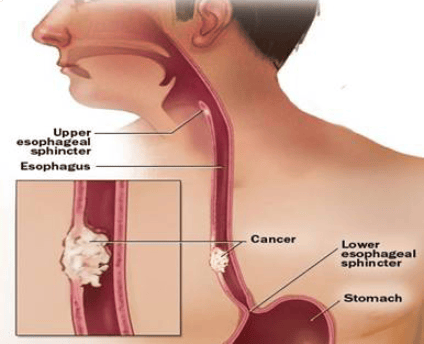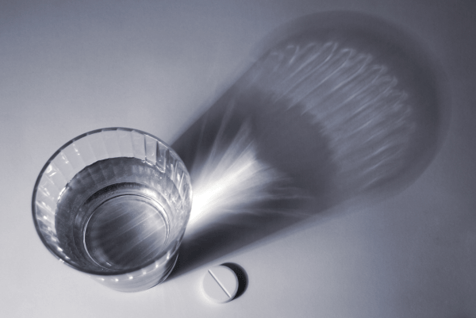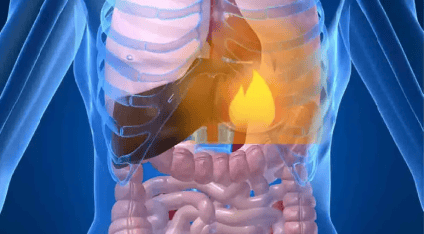Over 60 million Americans have heartburn at least once a month. Chances are, you're one of these Americans.
Read More The Many Dangers (And Solutions) to Untreated Acid RefluxEsophageal cancer is most often caused by either squamous cell carcinoma along the inner lining of the esophagus or by adenocarcinoma, malignant...
Read More Reflux and Esophageal CancerHealthDay reports 78% increased risk of cancer in GERD patients, but simple antacids appear to lower the risk, researchers report
Read More Chronic Heartburn May Raise Odds for Throat Cancer: StudyAs reported by Medscape, according to research presented at the Digestive Disease Week meeting, “patients with gastroesophageal reflux disease...
Read More EsophyX TIF Procedure is Superior to Maximum Dose PPI TherapySo, you think you have acid reflux? What is acid reflux? Why is it called acid reflux?
Read More Refluxology: The Study of GERDA new laparoscopic therapy for reflux has been recently approved for the treat of reflux. The procedure requires laparoscopic surgery (small...
Read More New Surgical Therapy for GERD: The LINX Magnetic BraceletSeveral news agencies recently reported concerns of the FDA over the increased risk of Clostridium difficle diarrheal illness in patients using acid...
Read More FDA Warns: Reflux Drug Therapy & Increased C. difficle DiarrheaA six-month follow up of 12 people with GERD and six others who were not suffering from the condition showed that those with acid reflux had much...
Read More Dental Detriments of GERDStudy: Acid Reflux on the Rise Obesity Increase Likely to Blame, Researchers Say By Salynn Boyles
Read More Acid Reflux on the Rise- Obesity Increase Likely to Blame
.jpg?width=476&height=549&name=mc900438737_!-4%20(1).jpg)




.webp?width=476&height=549&name=headshot_nyu_photo2-resized-173_1%20(1).webp)
_1%20(1).jpg?width=476&height=549&name=document12%20(4)_1%20(1).jpg)

